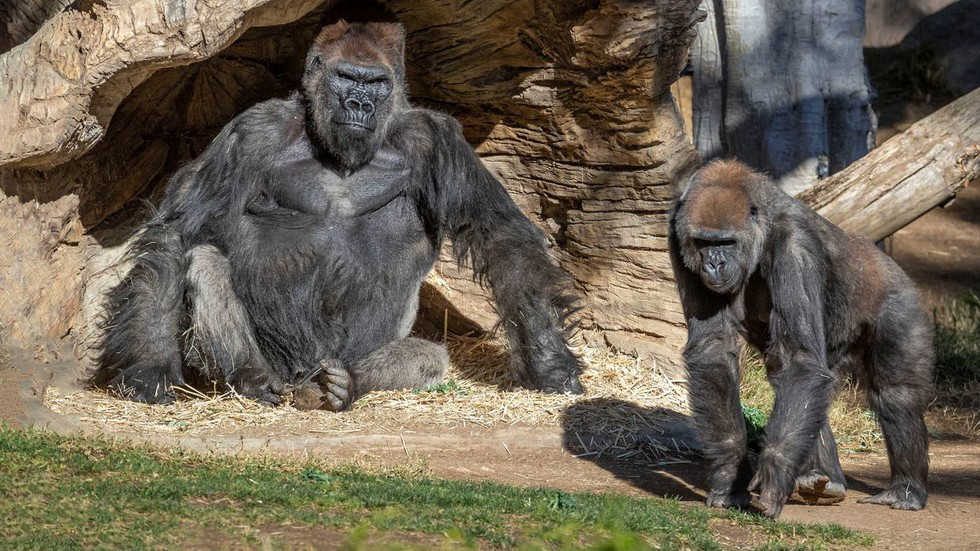2021-1-12. Queensland’s Chief Health Officer Jeannette Young has defended the three-day lockdown across Greater Brisbane, as the state records three new cases of COVID-19.
Dr Young said the lockdown was needed to immediately and quickly manage the potential spread of the highly contagious UK variant.
It came into force at 6:00pm on January 8 for residents in Brisbane, Ipswich, Logan, Moreton Bay and the Redlands after a hotel quarantine cleaner tested positive to the UK strain of COVID-19.
Dr Young said the response to the lockdown was “absolutely brilliant” and rejected a suggestion by one medical expert that short lockdowns were not effective when managing a potential outbreak.
“We had to go and do something immediately, do it quickly and just get it managed,” Dr Young said.
“I think that three-day circuit-breaker — is what I am calling it — just sets the framework, and the response here in Greater Brisbane was absolutely brilliant.
“I went out, people were wearing masks, people were socially distancing, people weren’t going out. It was fantastic and that happened immediately.
“I do realise the absolute imposition, I understand the difficulties for businesses, but I think it has been enormously successful.
“We will now see the outcomes from it.”
However, Australian National University infectious diseases expert Peter Collignon told ABC News Brisbane’s short lockdown would not advantage health authorities.
“We’ve got to be careful with really hard lockdowns when you don’t have many cases, when the track record in Australia is you can keep it under control,” Professor Collignon said.
“The average incubation period is five days, and mostly it can go out to 12 or even 14 days.
“If you’re going to do a lockdown to stop spread, you usually have to do it for at least 10, probably 14 days and maybe 28 days, and I don’t think that would have been justified.”
The hotel quarantine cleaner’s partner was one of the three new cases of COVID-19 recorded in Queensland.
Health authorities confirmed the man tested positive for the virus on Monday but said the case would be included in today’s count.
The man has been in quarantine since January 7, and Queensland Health has issued alerts for locations in Sunnybank Hills and Acacia Ridge.
The two other cases are a father and daughter who travelled from Lebanon in the Middle East and are in hotel quarantine.
Further tests are underway to determine if these three cases have the UK strain of the virus.
Queensland Health recently updated its contact tracing site with three locations linked to the partner testing positive:
Nextra Sunnybank Hills Newsagent on January 5 between 8:00am and 8:15am
Bunnings Warehouse in Acacia Ridge on January 5 between 2:00pm and 2:40pm
Sunnybank Cellars on Hellawell Road, Sunnybank Hills, between 2:05pm and 2:15pm
It is urging anyone who visited these places at the nominated times to get tested immediately.
